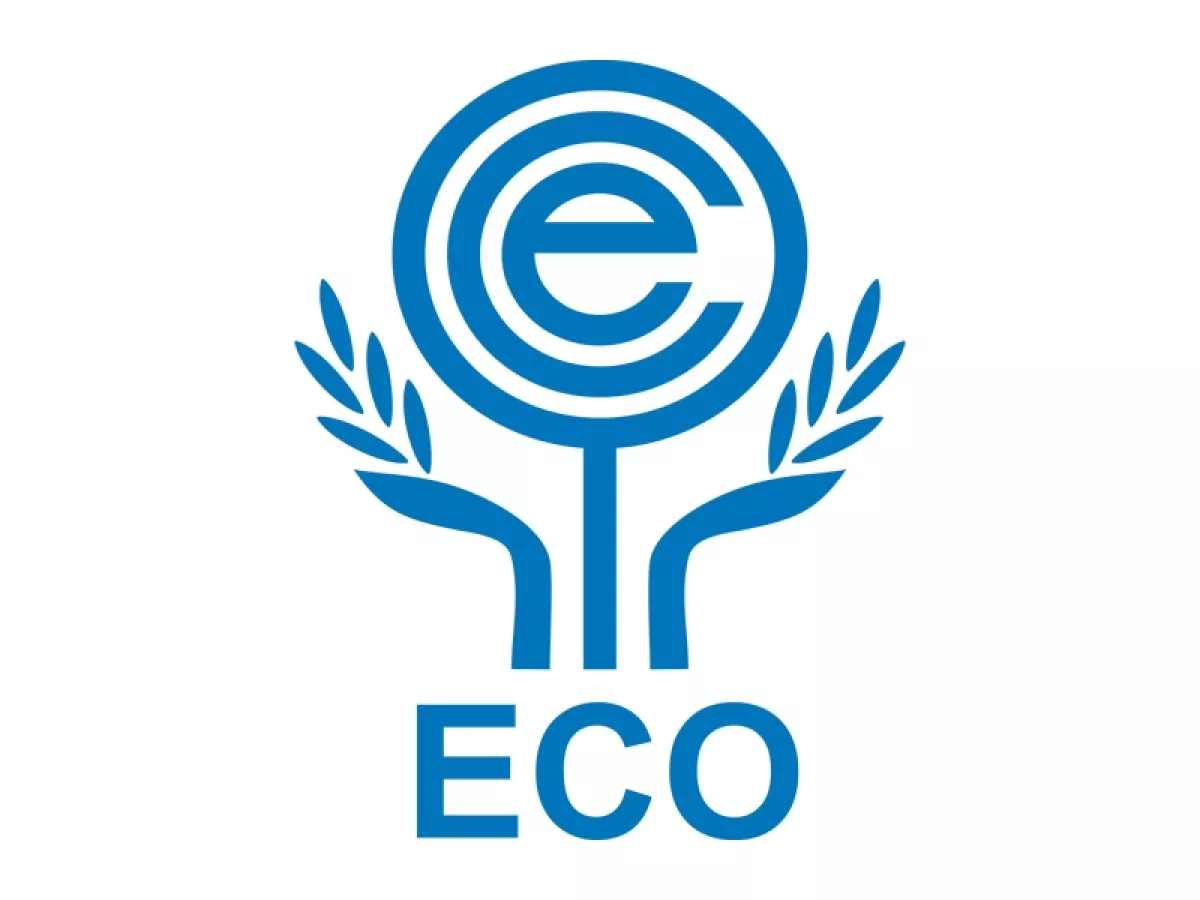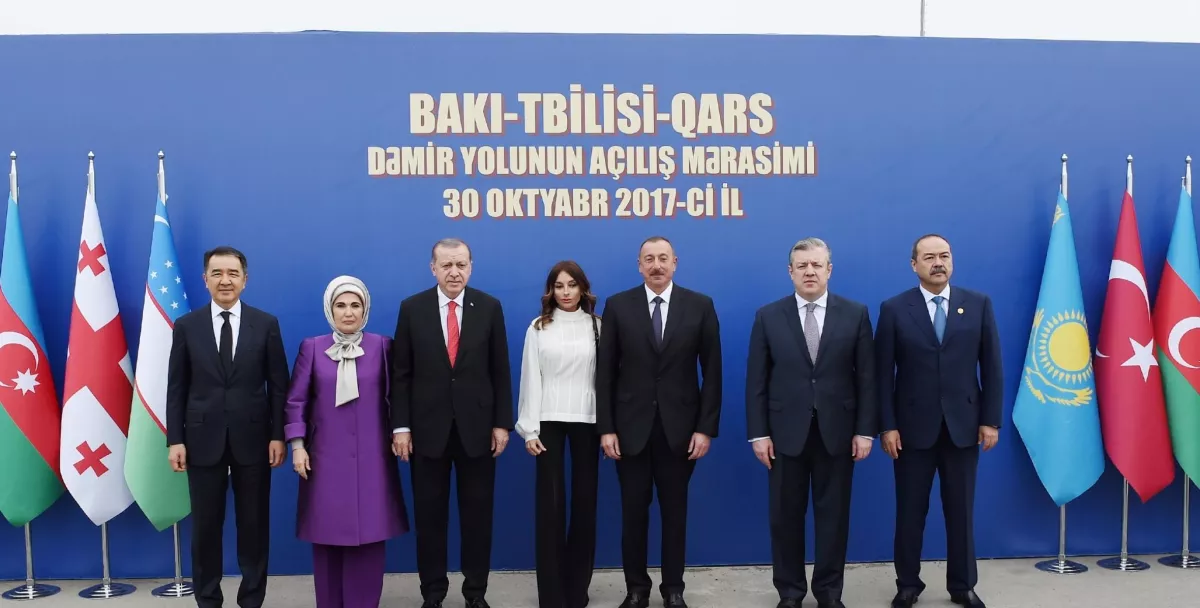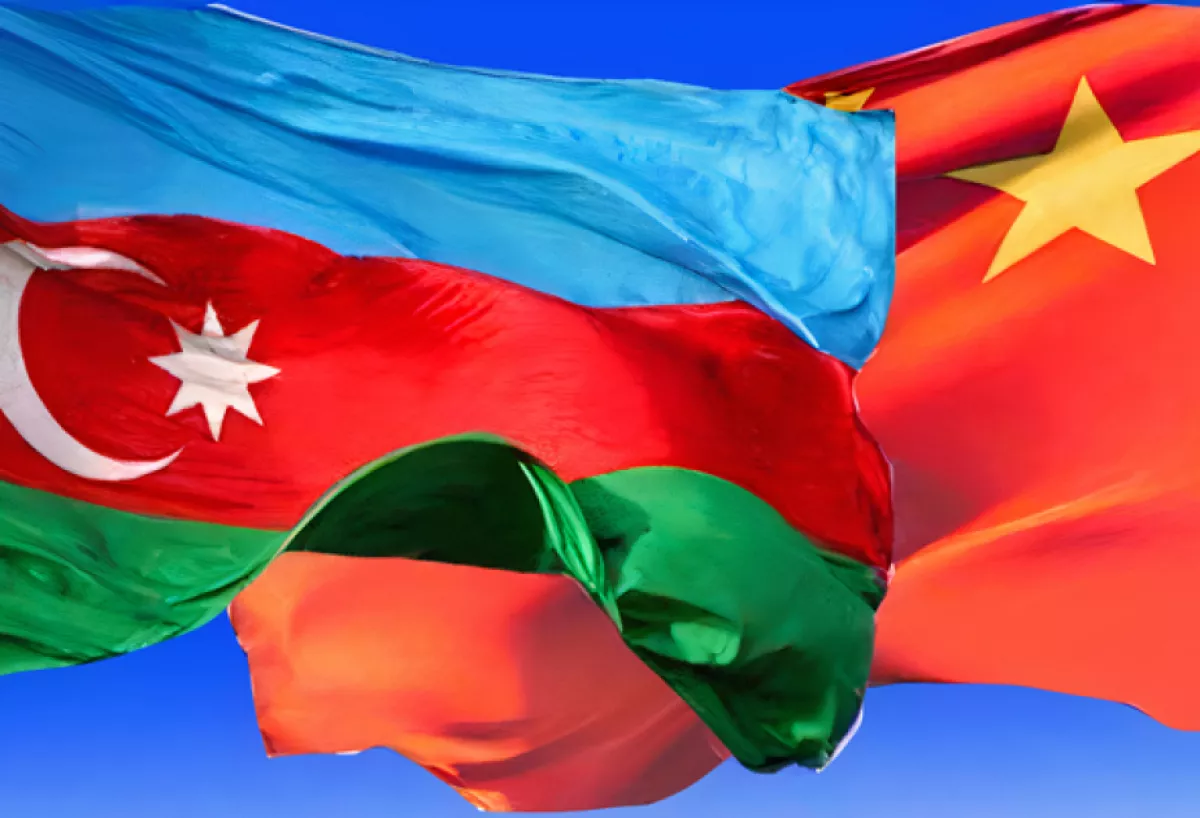Azerbaijan and the ECO: When strategy turns into global influence Caliber.Az analysis
Azerbaijan, having long rightfully established itself as a country that hosts large-scale, high-level, and prestigious international events, is set to host the 17th summit of the Economic Cooperation Organisation (ECO).
The authority of this organisation—which includes states historically united by common geographical and economic interests—and the importance of Azerbaijan’s representation within it, as well as the significance of the current summit, cannot be overstated.

The Economic Cooperation Organisation (ECO) was established in 1985 by Iran, Pakistan, and Türkiye as the successor to the Regional Cooperation for Development (RCD) organisation, which had existed since 1964. After the collapse of the USSR, Azerbaijan, Kazakhstan, Uzbekistan, Turkmenistan, Kyrgyzstan, Tajikistan, and Afghanistan joined the ECO.
The main objectives at the time of ECO’s creation were to develop trade among member countries, establish a sustainable transport and logistics infrastructure, deepen energy cooperation, promote agriculture, tourism, healthcare, education, and science, support the development of the private sector as well as small and medium-sized enterprises, and enhance the region’s role in the global economy.
Today, it can confidently be said that these goals have largely been achieved — currently, more than 500 million people live in the ECO region, and the combined GDP of its member states exceeds 2.5 trillion US dollars.
Since joining the organisation in 1992, Azerbaijan has gradually strengthened its position within ECO, acting as an initiator of numerous projects in the fields of transport, energy, digital transformation, and environmental protection, while actively promoting the integration of infrastructure corridors East–West and North–South.

Among Azerbaijan’s most significant initiatives are the development of a transport hub based on the Alat Port and the Baku–Tbilisi–Kars railway, support for sustainable supply chains between Asia and Europe, the digitalisation of trade procedures through “smart customs” projects, and energy cooperation, including the export of electricity and gas.
In turn, ECO membership offers Azerbaijan a wide range of benefits. Member countries are becoming increasingly attractive markets for Azerbaijani exports — ranging from food products to petrochemicals — while participation in regional projects boosts interest from private investors. Moreover, in terms of economic diversification, cooperation with the countries of Central and South Asia opens up new opportunities for Azerbaijan in the fields of logistics, agro-industry, and tourism.
Beyond the economic dimension, Azerbaijan’s presence in such a prestigious organisation further strengthens the country’s geopolitical standing, solidifying its role as one of the key centres of Eurasia. This is the result of a balanced foreign policy pursued by the Azerbaijani state.

Regarding the ECO, it is important to highlight that Azerbaijan is building strong ties not only with Iran, Türkiye, and Pakistan but also with emerging centres of power such as China — which, although not officially a member of ECO, exerts undeniable economic and logistical influence over the region. For example, many ECO member states fall within the scope of China’s Belt and Road Initiative (BRI), and the PRC invests heavily in transport infrastructure across ECO countries (such as “dry ports” in Kazakhstan and Uzbekistan, and road construction in Pakistan). Trade turnover between China and ECO member states has also grown significantly, increasing by more than 70% over the past decade.
Given the above, the ECO can de facto become a coordinating platform between China and the Islamic world. In this context, Azerbaijan acts as a natural logistical bridge between China and Europe, offering alternative transit routes that bypass unstable regions. One of the key factors with the potential to fundamentally reshape the region’s economic map is the opening of the Zangezur Corridor, which will connect mainland Azerbaijan with Nakhchivan and further on to Türkiye, potentially becoming a crucial link in the international transport chain.
For the ECO, the Zangezur Corridor is not merely an infrastructure project; it represents a geo-economic breakthrough that can further strengthen the organisation’s position as an effective economic bloc on the global stage.
Today, amid global turbulence and rapidly changing world order, regional platforms like the ECO become catalysts for stability and prosperity. Hosting the 17th ECO summit on Azerbaijan’s recently liberated territories is yet another confirmation that Azerbaijan has become a respected venue for strategic dialogue and coordinated efforts across Eurasia.








